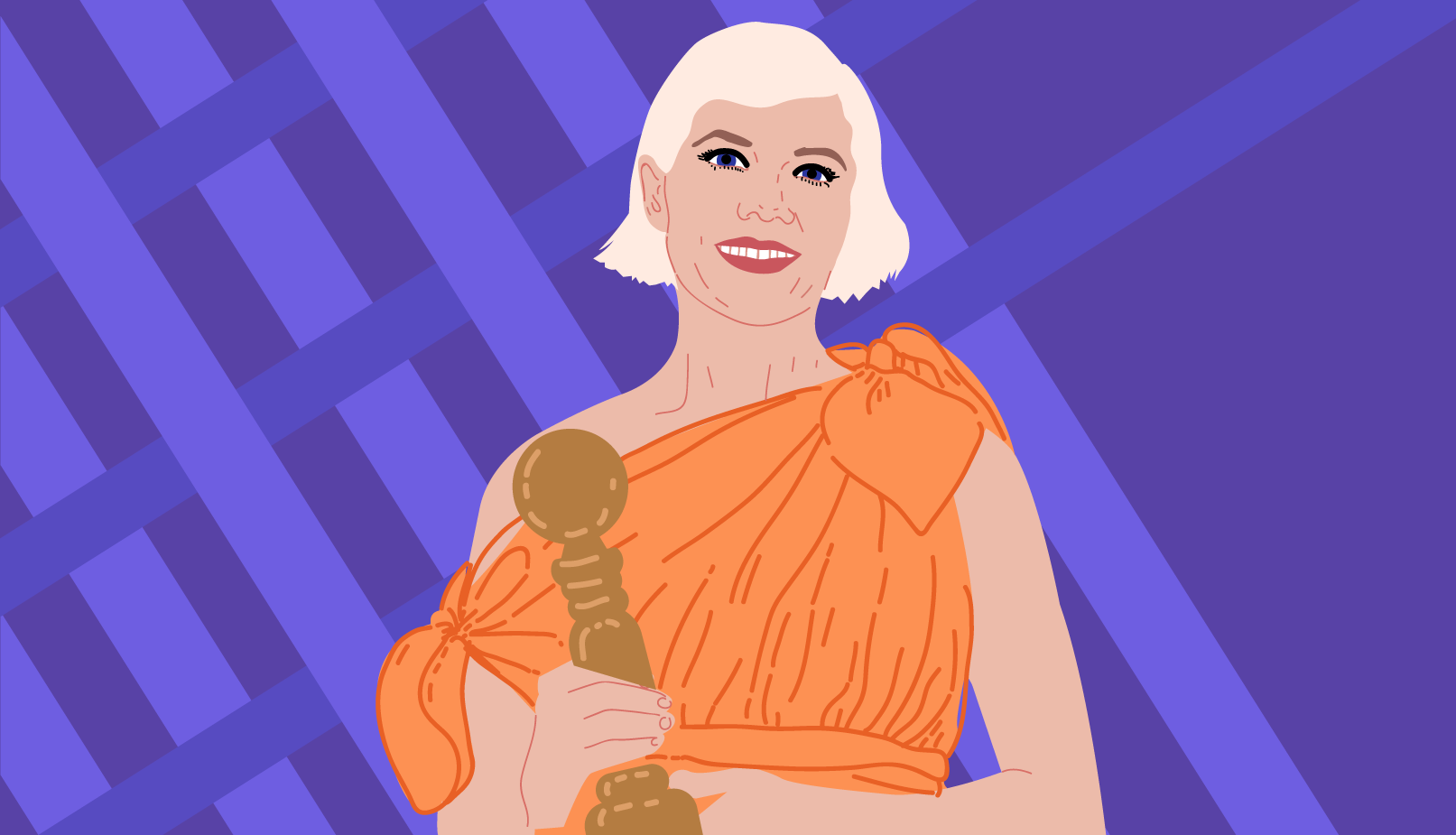Michelle Williams first won my heart not too long ago.
Her role in The Greatest Showman, more specifically her performance of “Tightrope,” embodied everything a complete hopeless romantic like myself feels when in love: faith, devotion through highs and lows, “mountains and valleys, and all that will come in between.”
The 2019 Golden Globes honoured Williams with a Best Actress in a Limited Series award for her role in Fosse/Verdon. Although I didn’t watch the show, reviews were great: Rotten Tomatoes gave it an 81 per cent rating, while IMDb had a 7.9/10 rating. Knowing her — loving her — I will say she deserved it, and that’s that!
Except that it isn’t.
Much like the popular tendency of celebrities to get political at award ceremonies, Williams took the opportunity to emphasize the importance of voting for women. She spoke beautifully about the importance of choice, and how thankful she was for being acknowledged for the choices she has made as an actress and as a person. She added that she’s grateful to “live in a society where choice exists, because as women and girls, sometimes things happen to our bodies that are not our choice.”
In a way, this is all anyone ever wants — to live where, once you look back, you recognize your own handwriting, as she put it. Now, I think it’s important to note that Williams was not at all addressing an international audience in her speech. She was specifically speaking to American women, encouraging them to employ their right to vote. Even more so, she urged women to vote in their own self-interest.
“Wait, what,” was my exact reaction. To this day I’m unsure if I misunderstood it, or she really meant it that way, but to me, “self-interest” should never be what fuels a democracy. A modern society is a collection of different people coexisting in the same place — asking each and every one of them to think of their own self-interest when it comes to matters that will unquestionably and unequivocally affect the other is not only wrong, it’s absurd. As Williams pointed out in that same sentence she preached for self-interest, “it’s what men have been doing for years.”
Since when do we want to do what men have been doing in matters of democracy and the world? I mean, two World Wars, literally countless acts of colonial violence, and abuse of power historically led by men, why would we ever want to do what they have been doing?
Women, exercise your right to vote. Do it so the world “looks a little more like us,” but also make sure that “us” isn’t just an inverted version of the selfishness and cruelty that a world led by white men has brought us. The world looks so much like men because they’ve chosen so selfishly that there was no room for otherness — instead of self-interest, how about public-interest?
Graphic by @sundaeghost
